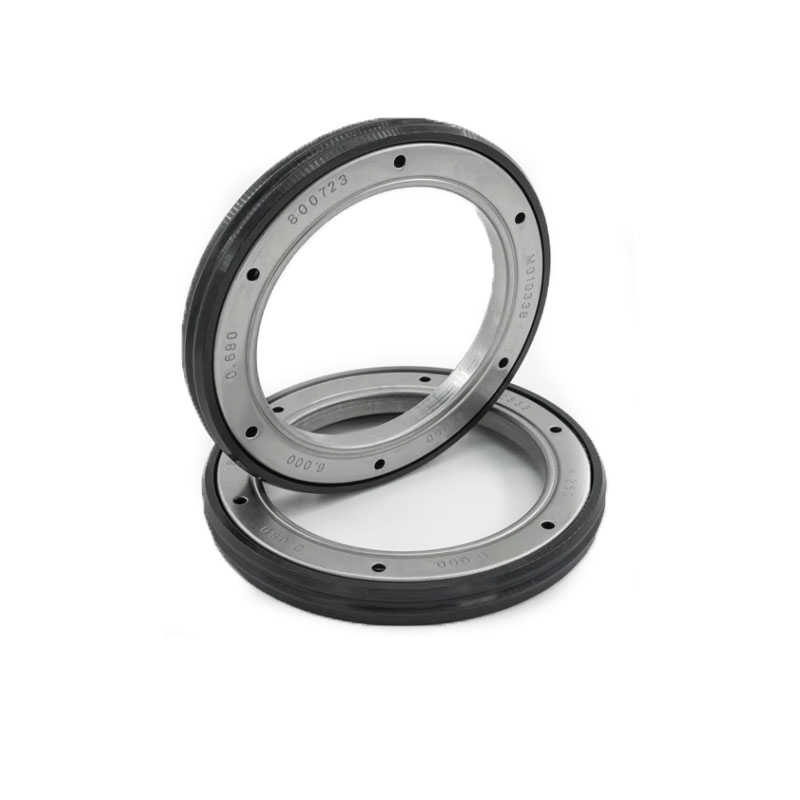Comprehensive Guide to Oil Seal Production Techniques and Best Practices for Manufacturers
The Importance of Oil Seal Manufacturing in Modern Industry
Oil seals, often referred to as grease seals or rotary oil seals, play a pivotal role in various mechanical systems, including automotive, aerospace, and industrial machinery. These crucial components ensure the efficient operation of machines by preventing the leakage of lubricants and blocking the entry of contaminants. As industries evolve and the demand for machinery increases, the significance of oil seal manufacturing has never been greater.
Understanding Oil Seals
Oil seals are mechanical components made from materials such as rubber, silicone, or polymer composites, designed to fill the gaps between stationary and moving parts. Their primary function is to retain lubricants within the machinery while simultaneously preventing external contaminants from penetrating, which can help reduce friction and wear. The design of oil seals varies widely depending on their application, with different shapes, sizes, and sealing mechanisms tailored to meet specific operational demands.
The Manufacturing Process
The manufacturing of oil seals involves several critical steps, each requiring precision and expertise. The process begins with selecting high-quality raw materials, which are crucial for the performance and longevity of the seals. Various grades of rubber or engineered thermoplastics are often used based on their resilience to temperature fluctuations, chemicals, and mechanical stress.
Next, manufacturers use automated machinery to mold the seal components. This process, often called compression or injection molding, transforms the raw material into the desired shape while ensuring that the seals have the necessary structural integrity. Following molding, each seal undergoes rigorous quality control tests to guarantee that it meets the industry's stringent standards.
Surface finishing is another vital stage in oil seal manufacturing. A smooth surface finish is essential as it reduces friction between the seal and the shaft, enhancing its lifespan. Furthermore, additional treatments, such as surface coatings, may be applied to improve resistance to wear and chemical exposure.
oil seal manufacturing

Innovations in Oil Seal Technology
As technology progresses, the oil seal manufacturing industry is embracing new innovations to improve performance and sustainability. For instance, manufacturers are now exploring the use of advanced materials that offer better durability and resistance to extreme temperatures and environmental conditions.
Moreover, the introduction of smart seals equipped with sensors is gaining traction. These high-tech seals can monitor pressure and temperature, providing real-time data to operators and enhancing predictive maintenance practices. Such advancements not only improve machinery efficiency but also reduce operational downtime, leading to significant cost savings.
The Role of Oil Seals in Sustainability
With growing environmental concerns, the need for sustainable manufacturing practices has become increasingly important. Oil seal manufacturers are now focusing on developing eco-friendly materials and processes that minimize waste and reduce the carbon footprint. By utilizing recycled materials and adopting energy-efficient production techniques, the industry is making strides toward a more sustainable future.
Furthermore, reliable oil seals contribute to reducing energy consumption in machinery. By preventing leaks and ensuring optimal lubrication, these seals help machinery operate more efficiently, thereby conserving energy and resources.
Conclusion
Oil seal manufacturing is a critical aspect of modern engineering, supporting a wide range of industries by enhancing machinery performance and reliability. As technologies evolve and industries become more eco-conscious, the future of oil seal manufacturing holds exciting possibilities. By focusing on innovative materials, smart technologies, and sustainable practices, the industry continues to play a vital role in the advancement of mechanical systems, paving the way for more efficient and environmentally friendly operations.
-
The Ultimate Guide to Car Repair Kits: Tools and Essentials Every Driver Should Own
News Aug.01,2025
-
The Complete Guide to Oil Pan Gaskets: Sealing Engine Leaks the Right Way
News Aug.01,2025
-
Preventing Oil Leaks: A Complete Guide to Oil Pan Gaskets and Drain Seals
News Aug.01,2025
-
Everything You Need to Know About Oil Pan Gaskets and Drain Plug Seals
News Aug.01,2025
-
Essential for Car Owners: How to Use a Car Repair Kit to Deal with Minor Breakdown
News Aug.01,2025
-
Comprehensive Guide to Engine Oil Sump Gaskets and Related Seals
News Aug.01,2025
-
The Ultimate Guide to Boat Propeller Bearings and Trailer Wheel Bearings
News Jul.31,2025
Products categories















